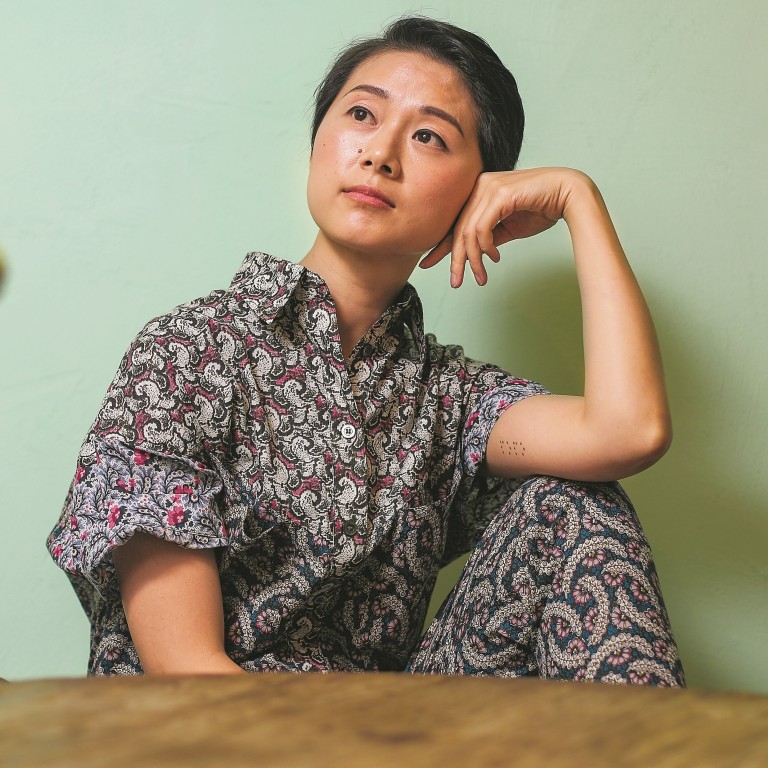
How social support and love of friends gave breast cancer survivor the will to go on
- When Christy Cheung, 34, was diagnosed with breast cancer in November 2017 and underwent a mastectomy, her support network kept her positive
- Cheung now supports other cancer patients thanks to a group she launched herself in February called Sharapy, which has 50 members
Last July, the world witnessed the brave rescue of 12 Thai soccer players from a flooded cave in Thailand. The boys, aged 11 to 16, and their 25-year-old coach – the only adult – relied on one another for emotional strength while waiting for help over 17 fraught days.
The group also prayed and fasted together at a monastery after their rescue. Such rituals bond people together and give a sense of comfort, security and belonging, says Dr Joyce Chao, a clinical psychologist at Dimensions Centre in Central, Hong Kong. Knowing that they had their community’s support would also have made the group more resilient, she adds, simply because it feels good to know that others care.
When it comes to recovering from a traumatic experience or crisis, it helps to have the support of the people around us. Christy Cheung, a 34-year-old freelance copywriter in Hong Kong, can attest to this.
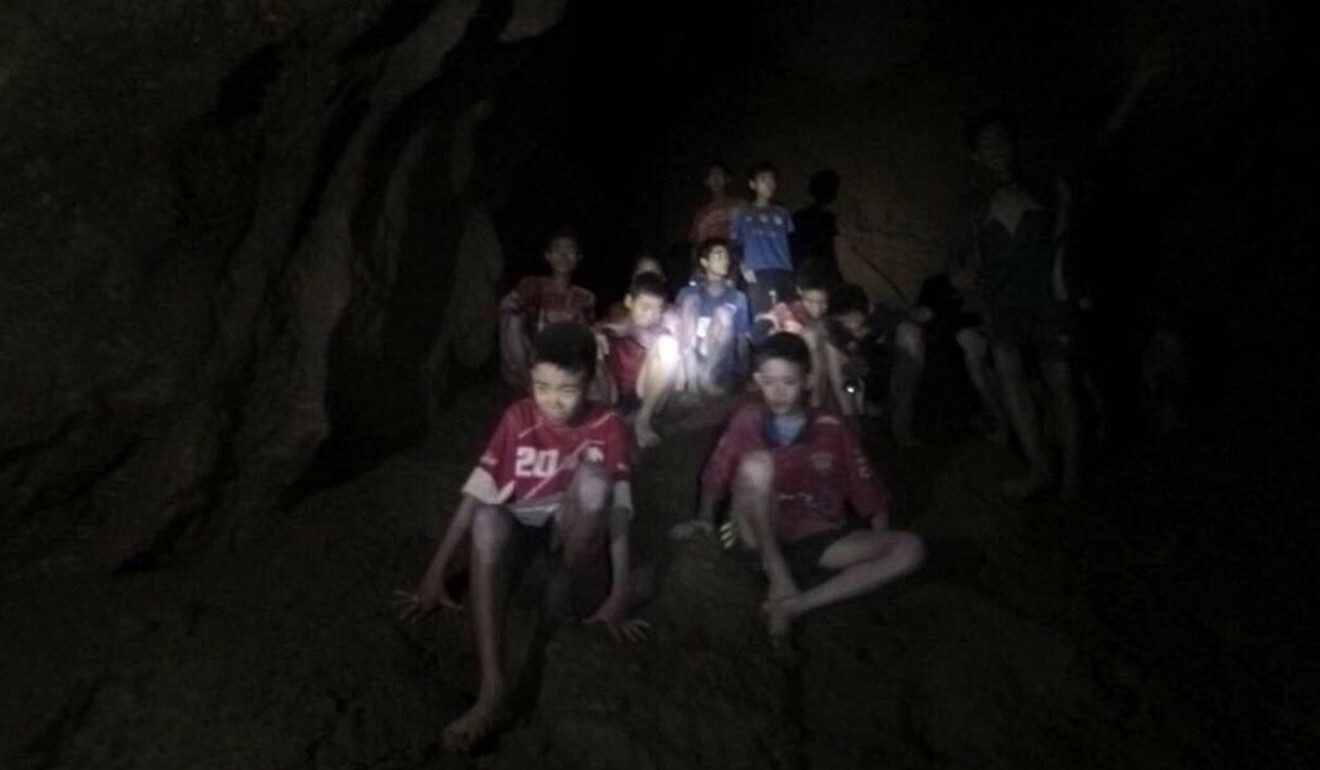
In November 2017, Cheung was diagnosed with stage 2B breast cancer. Without the support and compassion of her loved ones, the whole experience would have felt a lot “scarier”, she says.
Her mother’s cousin was diagnosed with breast cancer around the same time and suggested Cheung join the Hong Kong Breast Cancer Foundation (HKBCF). Through this non-profit organisation, she made friends with other breast cancer patients. “I also joined a few support groups on Facebook, where I got to communicate with cancer patients all over the world,” she says.
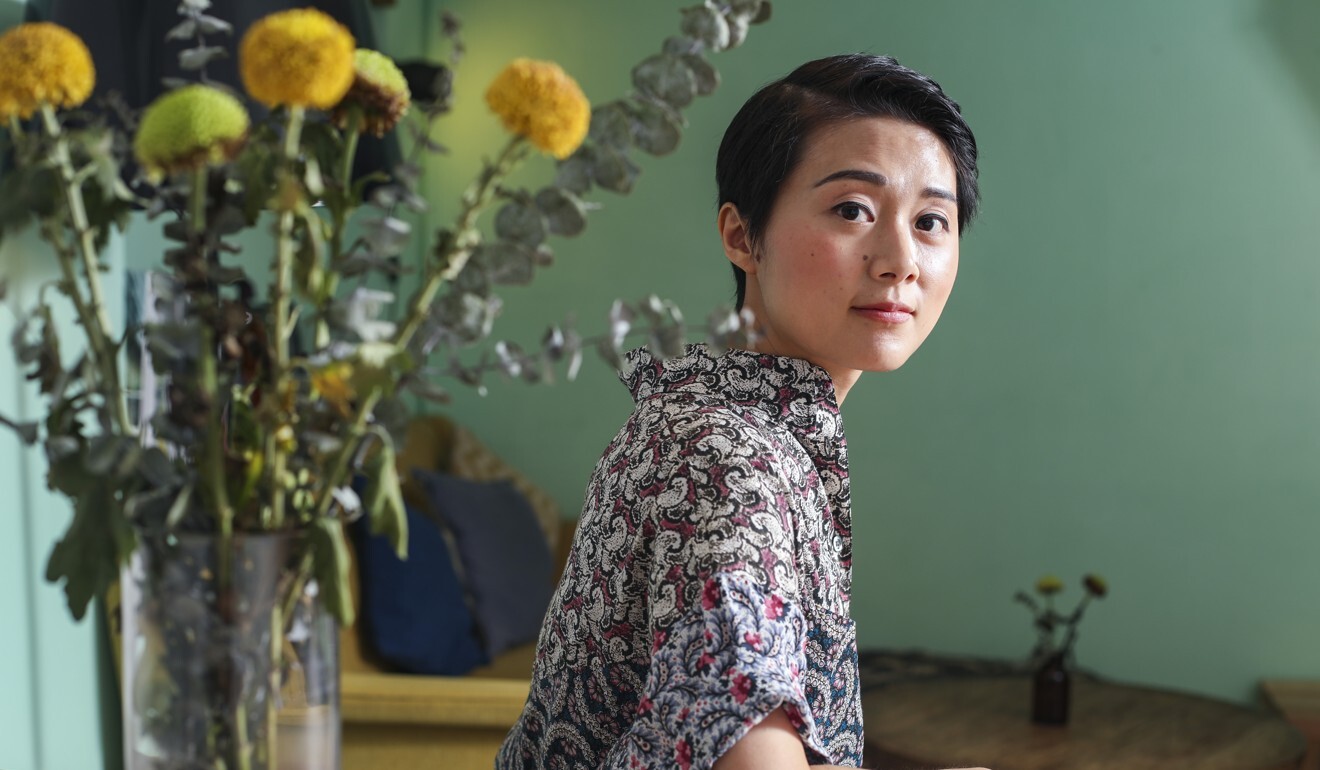
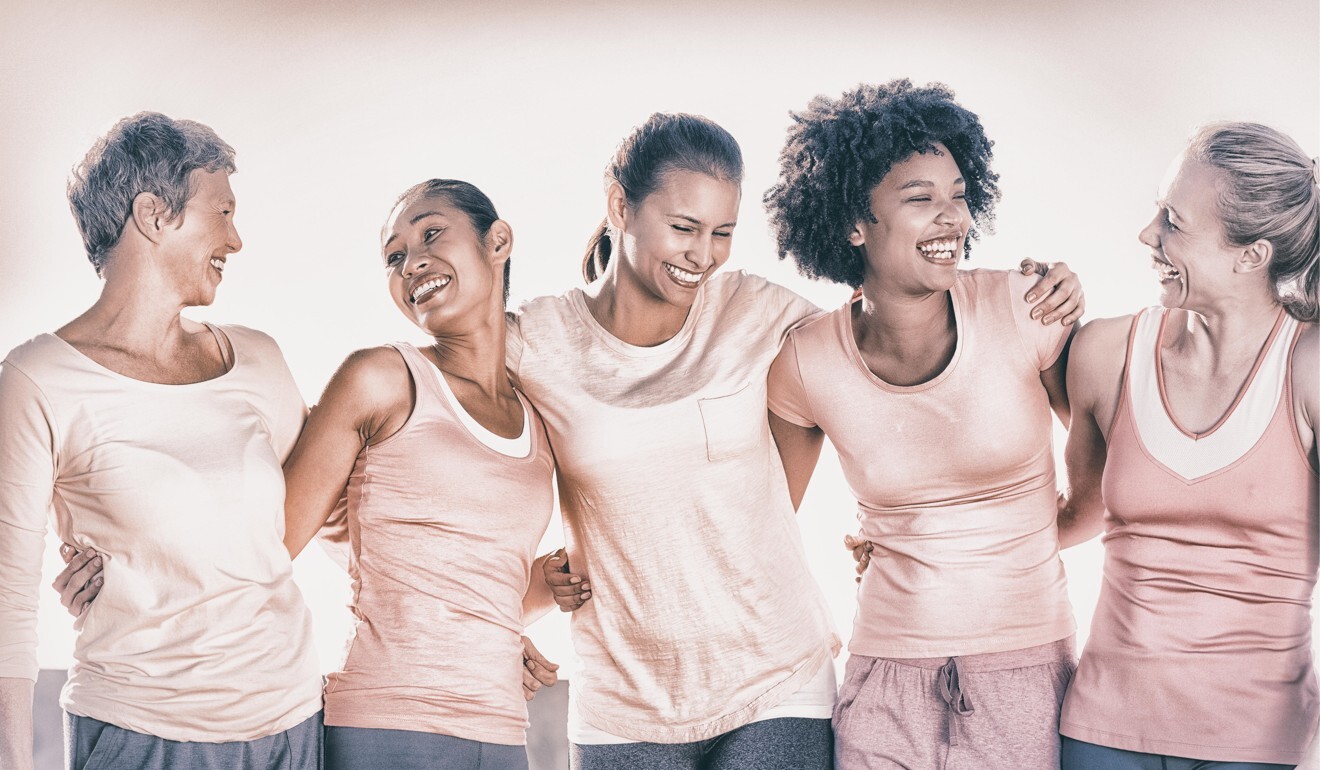
Once a week, Cheung met with her foundation friends. They talked about their treatments – Cheung herself underwent a mastectomy, chemotherapy, radiotherapy and hormone therapy, as the cancer had spread to her lymph nodes – and shared diet, exercise and lifestyle tips. To this day, group members continue to communicate regularly.
“It felt good to belong to these groups, because everyone was going through the same thing,” Cheung shares. “My HKBCF ‘sisters’ gladly answered my questions and knew how much I needed to keep talking about how I felt. They never once made me feel like I was burdening them.
“Of course, my family and friends were an amazing source of strength and support, too. My mother and mother-in-law took care of the cooking and my husband looked after my two boys so that I could focus on my recovery. My friends stayed by my side and made me feel ‘normal’ – their positive energy helped me look at this disease differently; over time it felt less overwhelming.”
Sadly, rejection and loneliness are threats to social connectedness, but if we can overcome these then our resilience to stress would be enhanced
Chao says that human beings need one another, especially in crises. “Our individual resources may not be sufficient, which is why social support is so important. There may be countless resources out there but many people do not feel comfortable accessing them.
“In the old days, families and communities were close-knit and we could always rely on one another in periods of extreme stress, trauma or tragedy. But society has changed – today most of us live in big cities but in our own bubble, and this can feel pretty isolating.”
Studies have highlighted a close association between social support and psychological resilience, and this link appears strong regardless of the type of crisis or source of trauma or stress. A study by Chinese researchers published in 2018 in the Journal of Cancer Research and Therapeutics found that lung cancer patients with more social support experienced lower levels of anxiety and depression.
Another study, published in 2018 in the journal Global Health Action, revealed that social support helped South African women survivors of domestic violence bounce back. A Boston University School of Health study, published in 2014 in the American Journal of Preventive Medicine, found that social support is a key factor that appears to protect troops against mental health problems and alcohol overuse when they return home from deployment.
Despite the impressive body of evidence, Chao says that many people are reluctant to ask for help in times of extreme stress. Among the reasons: feelings of guilt and shame for having to rely on others; a fear that their request will be rejected; social stigma associated with asking for support; and cultural factors, such as the expectation that as adults we should be able to deal with problems on our own.
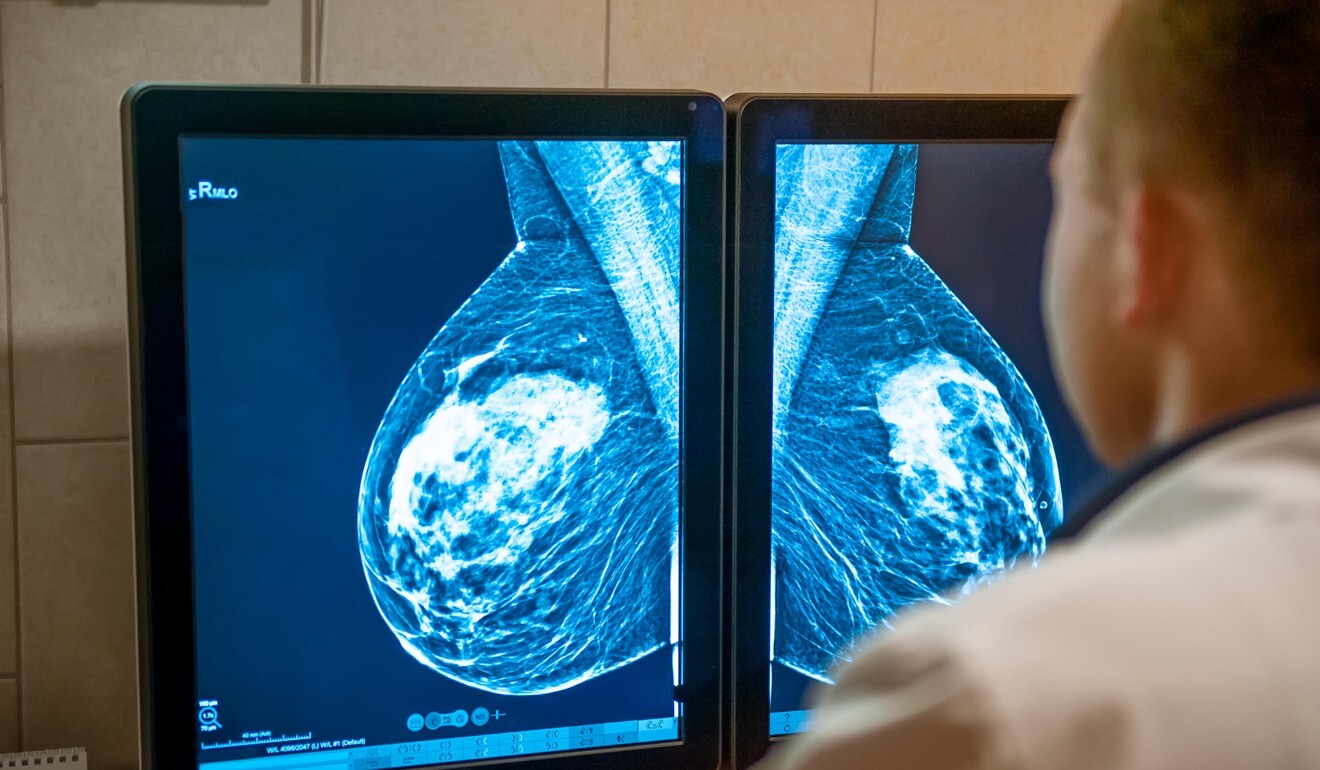
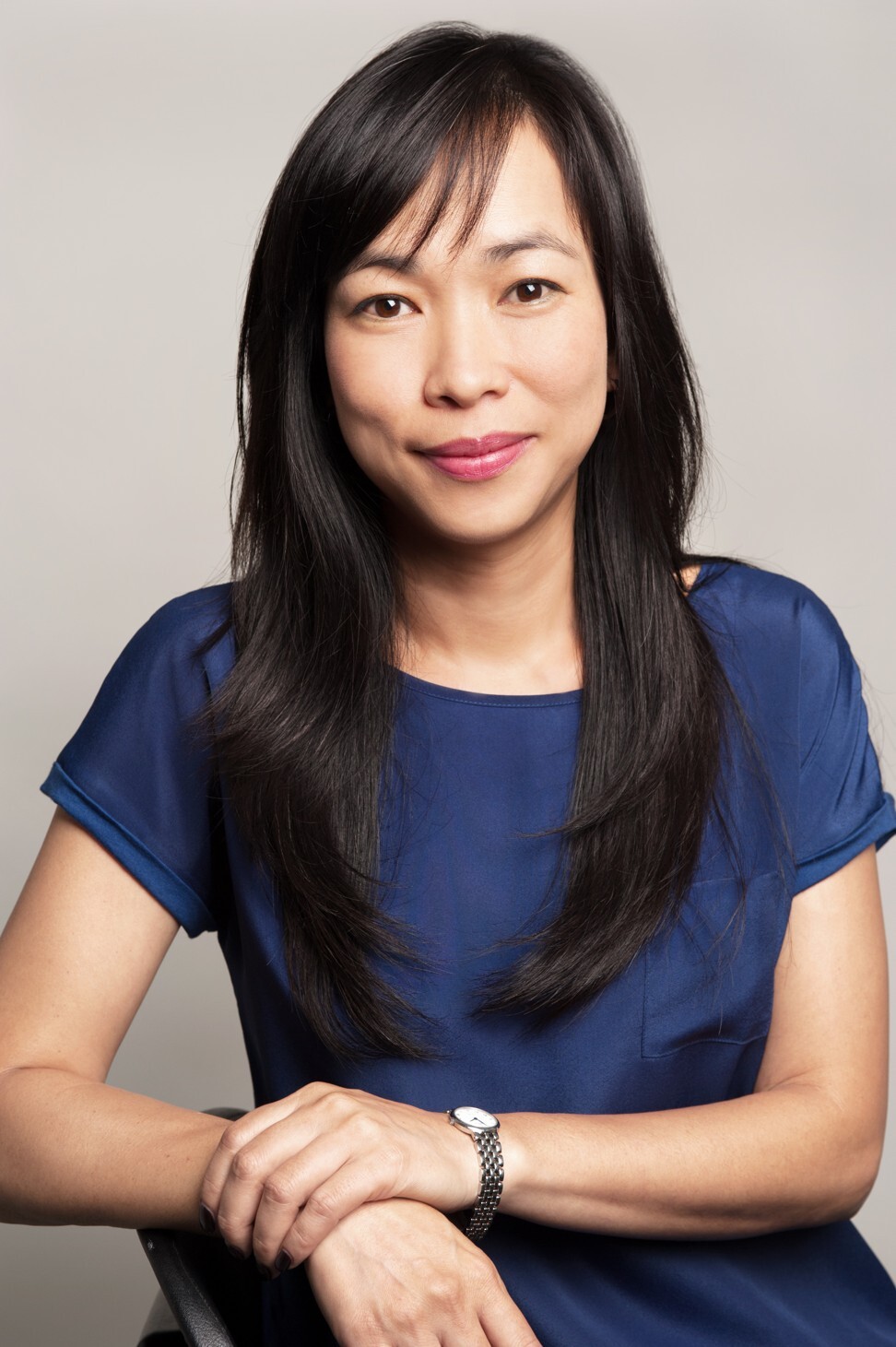
“These are not helpful reasons, but we need social support and connections if we are to emerge from crises stronger and better,” says Chao. “Sadly, rejection and loneliness are threats to social connectedness, but if we can overcome these, then our resilience to stress would be enhanced, and we may even be inspired to give support to others.”
Supporting other cancer patients is what Cheung aims to do with Sharapy, a group she launched in February, about a month after she completed her chemotherapy treatments.
“I was inspired to start Sharapy after realising how much I had benefited from others’ support and deciding that I wanted to do the same for others,” says Cheung. Her social project supports cancer survivors and promotes quality survivorship.
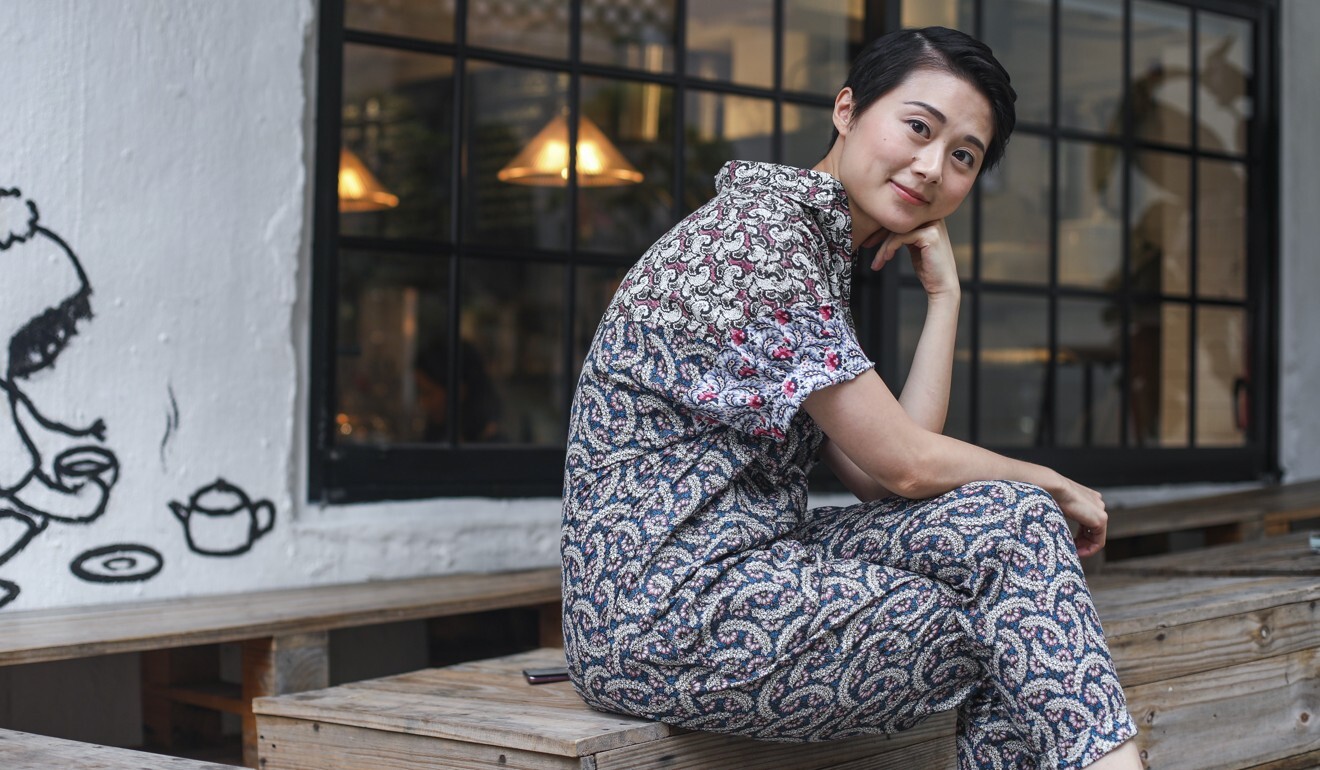
“When our treatment stops, we are faced with a new set of challenges, to do with our body image, physical strength, career, relationships, and so on. The rehabilitation journey is also long – you’re not considered fully recovered until you’ve made it 10 years without a relapse. With Sharapy, I hope to encourage cancer survivors to be mindful of their well-being post-treatment and also help them accept the new normal.”
Sharapy has 50 members. It offers yoga and fitness classes, sharing sessions, family events, and talks that are focused on living a healthy lifestyle.
Says Cheung: “Getting the right medical treatment is just part of dealing with something like cancer. Social support is also vital to the healing process. I know I would not have overcome what I did – or feel as strong and happy as I am now – without all the support I received.”

